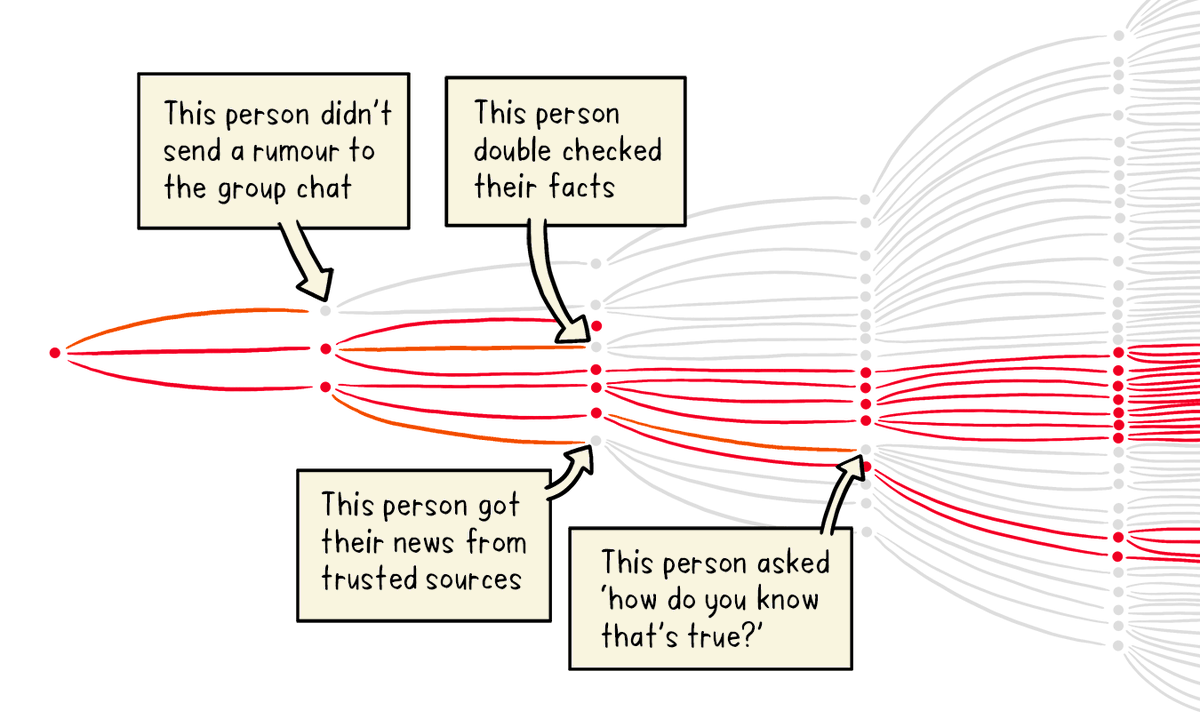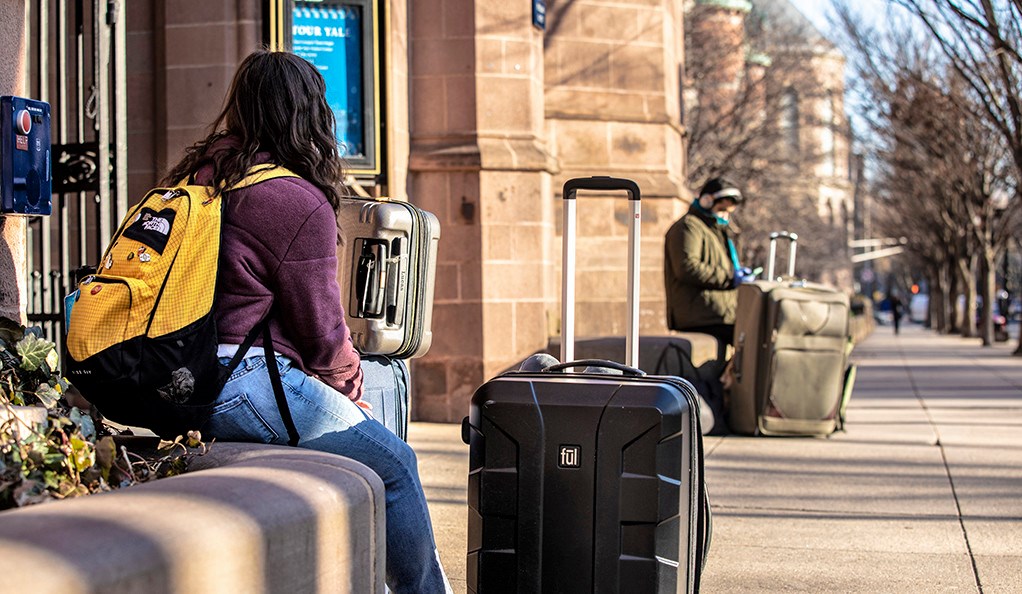
1/ It’s Election Day in the US! Thank you to our wonderful Dear Pandemic community for joining us for a weekly series on voting – something near & dear to our hearts. To celebrate, we wanted to re-share some key topics we’ve covered & remind you to VOTE if you haven’t already! 

2/ FIRST: Brush up on what you need to stay safe while voting. Wear your mask, pack your hand sanitizer, umbrella, water, & voter ID, get as much space around you as you can, & wash your hands thoroughly before & after.
3/ Take a look at last week’s post to make sure you have everything ready to go before you head out to your polling place: dearpandemic.org/how-can-i-stay…
4/ SECOND: Protect yourself from misinformation & misleading stories by using Lindsey’s Laws: 1) demand evidence for outrageous claims, 2) seek out opposing viewpoints, & 3) focus on good info by using a “truth sandwich” to debunk anything false or misleading.
5/ THIRD: Still undecided about voting at all? We encourage you to make your voice heard, particularly because voting for local, state, & federal officials has a lot to do with shaping the health of our communities.
6/ We hope you all can exercise your right to vote safely & effectively. Whatever your voting option, THANK YOU for participating in this important way to support public health.
#VotingTuesday #StayingSafe
#VotingTuesday #StayingSafe
• • •
Missing some Tweet in this thread? You can try to
force a refresh





